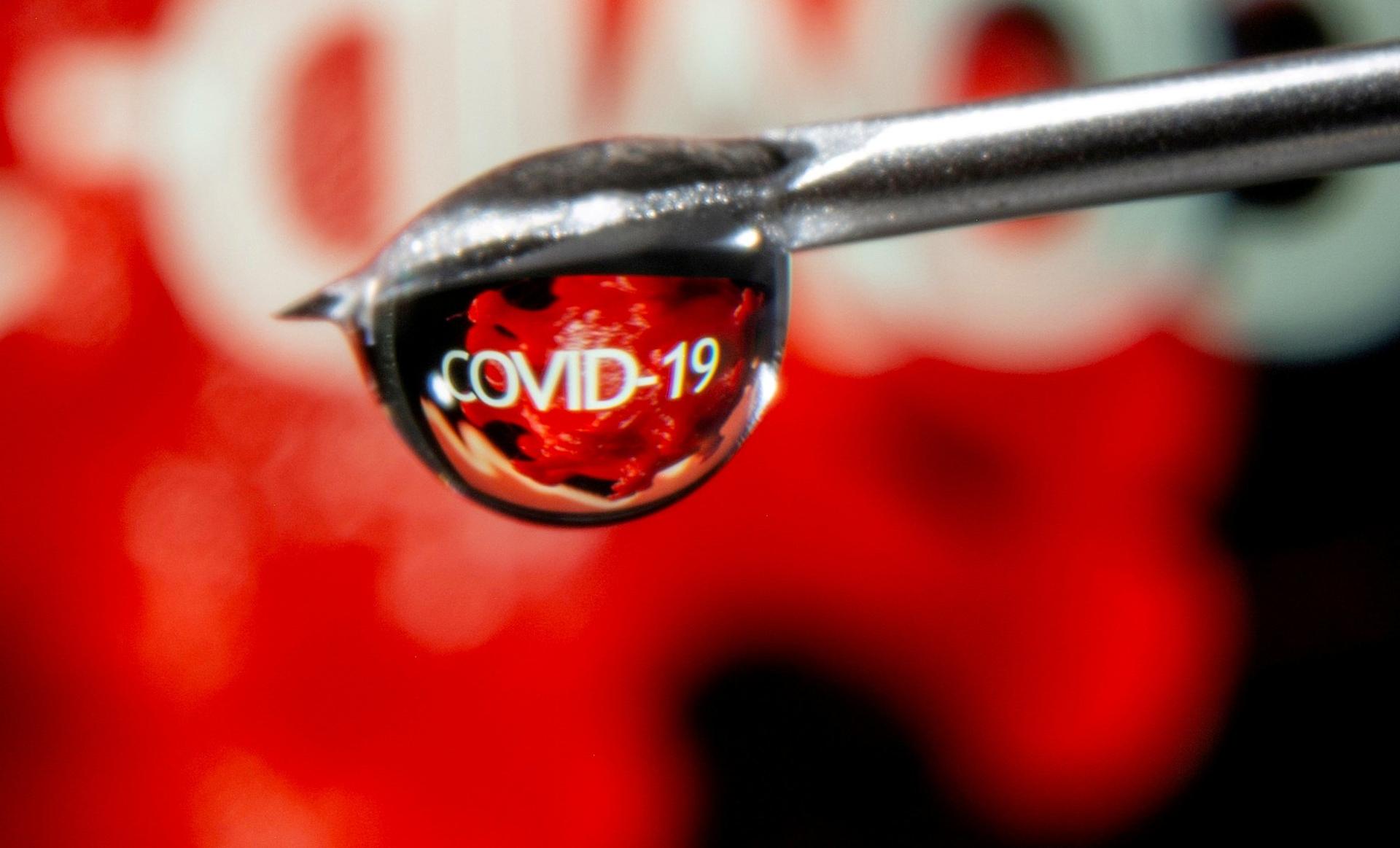ROME – After receiving what they said were “several requests for guidance” on the morality of the use of COVID-19 vaccines developed with cells derived from aborted fetuses, the Vatican’s doctrine office issued an explanatory note Monday giving the green light.
The vaccines in question are the Pfizer-BioNTech and Moderna vaccines, which both used cell lines derived from fetuses aborted in the last century during confirmatory testing, but not in design, development, or production.
The Pfizer vaccine, approved for emergency use by the Food and Drug Administration Dec. 11, is already being administered in the United States. Top Catholic figures such as Archbishop Thomas Wenski of Miami have already received it. The Moderna vaccine was given emergency approval Dec. 18 and dosages are shipping today.
Several bishops’ conferences, including those in the United States and the United Kingdom, have issued individual statements on the morality of using the vaccines given their link to abortion, saying they consider the connection to be remote enough from the initial abortion that it is morally acceptable to receive it.
In its Dec. 21 note, the Congregation for the Doctrine of the Faith said “diverse and sometimes conflicting” statements from bishops, experts, and Catholic associations have raised further questions about the morality of the vaccine, which required clarity.
While clarifying that it is not competent to judge the safety and efficiency of the vaccines, the CDF said that in cases in which “ethically irreproachable Covid-19 vaccines” are not available, “it is morally acceptable to receive Covid-19 vaccines that have used cell lines from aborted fetuses in their research and production process.”
The reason for this, they said, is that the abortion from which the cell lines were harvested “is, on the part of those making use of the resulting vaccines, remote.”
Speaking of the “moral duty” to avoid what it terms a “passive material cooperation” in the abortion by using a product made with its cell lines, the department said this duty “is not obligatory if there is a grave danger, such as the otherwise uncontainable spread of a serious pathological agent,” in this case, COVID-19.
“It must therefore be considered that, in such a case, all vaccinations recognized as clinically safe and effective can be used in good conscience with the certain knowledge that the use of such vaccines does not constitute formal cooperation with the abortion from which the cells used in production of the vaccines derive,” they said.
However, the congregations clarified that while it judges the use of the vaccines as morally licit given the circumstances, this thumbs-up does not amount to an approval of abortion itself, or the use of cell lines derived from aborted fetuses in scientific testing.
Both pharmaceutical companies and governmental health agencies, then, are “encouraged to produce, approve, distribute and offer ethically acceptable vaccines that do not create problems of conscience for either health care providers or the people to be vaccinated.”
The Vatican stressed that receiving a vaccine is not a moral obligation, and therefore must be voluntary.
“The morality of vaccination depends not only on the duty to protect one’s own health, but also on the duty to pursue the common good,” they said, adding that in the absence of other means to stop or prevent the pandemic, the “common good” in this case might mean receiving the vaccine, “especially to protect the weakest and most exposed.”
For those who refuse to receive the vaccine for reasons of conscience, the Vatican said they are free to do so, but on the condition that they “must do their utmost to avoid, by other prophylactic means and appropriate behavior, becoming vehicles for the transmission of the infectious agent.”
“In particular, they must avoid any risk to the health of those who cannot be vaccinated for medical or other reasons, and who are the most vulnerable,” they said.
Stressing the importance of equal access to the vaccines, the Vatican said there is a “moral imperative” for the pharmaceutical industry, governments, and international organizations “to ensure that vaccines, which are effective and safe from a medical point of view, as well as ethically acceptable, are also accessible to the poorest countries in a manner that is not costly for them.”
“The lack of access to vaccines, otherwise, would become another sign of discrimination and injustice that condemns poor countries to continue living in health, economic and social poverty,” they said.
Signed by the prefect of the Congregation for the Doctrine of the Faith, Spanish Cardinal Luis Ladaria, the noted was approved by Pope Francis, who during a Dec. 17 meeting with Ladaria read it and “ordered its publication.”
Follow Elise Ann Allen on Twitter: @eliseannallen












